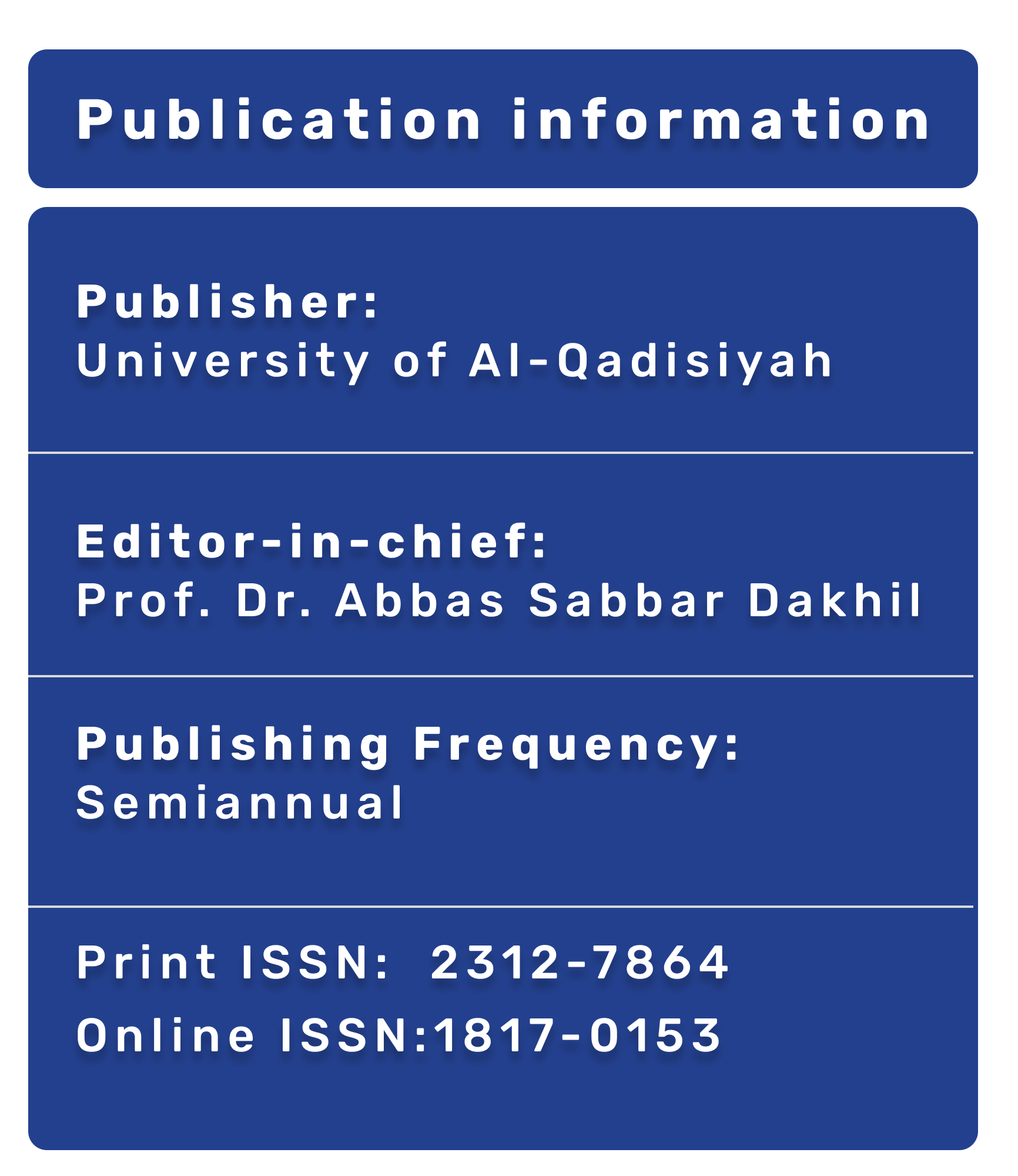School performance among diabetic Children and adolescents
DOI:
https://doi.org/10.28922/qmj.2019.15.1.61-75Abstract
Type 1 Diabetes millets it has a direct impact on cognitive functions. For prevent this problem, needs a good glycemic control, which can do by self-measurement blood glucose or need assistant from parents or teachers.
The child’s school performance will be best if the blood sugar remains in the acceptable range. Left untreated both high and low blood sugar levels can affect the child’s ability to concentrate on schoolwork and participate in school activities.
The cross section study was conducted on 100 diabetic patients aged between 8-18 years from Aldiwaniyah diabetic center, in Aldiwanyia city, from period of 1st March to 1st June, to estimated the effect of glycemic control on school performance, after selected patients, made an interviewed with them &/ parents, asked about demographical information (age, sex, level of education, residence, occupation & education of parents) disease variables (onset, duration, complication hypoglycemia or hyperglycemia, hospitalization, episodes of admission, insulin treatment times doses, blood sugar level, self measure &injection, regular visit to clinic), bad glycemic controls consider by level of HbA1c above 7% or had hyperglycemia for more than 3 times or hypoglycemia more than 2 times in last six months. School characters (failure, absences, skipping, exercise, activity) Poor school performance consider if she/he had absence from school more than 3 days, had school failure, skipping.
The bad school performance was observed in 73%, those with bad glycemic control represented (61%), in (83.7%) of bad glycemic control had poor school performance, in (79.6) patients with longer disease duration had poor school performance, on other hand (83.6%) of Patients with more frequent admission to hospital due to Diabetics complication had poor school performance.
In conclusion bad glycemic control, frequency of admission and disease duration were negatively effect on school performance, level of education patients his mother and self measurement of blood sugar were a determinants of glycemic control.
Recommendation was concentrated on ways of glycemic control by frequent self measurement, education of patients and relatives on nature of Diabetes and enhance compliance and motivation of patients. Frequent supervising by health care provider to schools of patients for reassurance and support of children and teachers.








